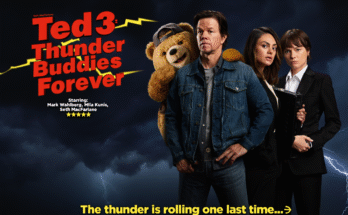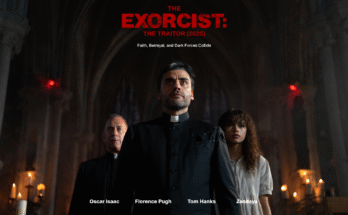Few names in Hollywood carry the kind of quiet reverence that Paul Walker’s does. More than a movie star, he was a man defined not by fame but by sincerity — an actor whose easy smile and soulful humility made him feel less like an untouchable celebrity and more like a friend you somehow knew. Driven: The Paul Walker Story (2025), Netflix’s profoundly moving original documentary, captures that essence with rare honesty and grace. It’s not a story of tragedy — it’s a story of light that refused to fade, even after the flames.
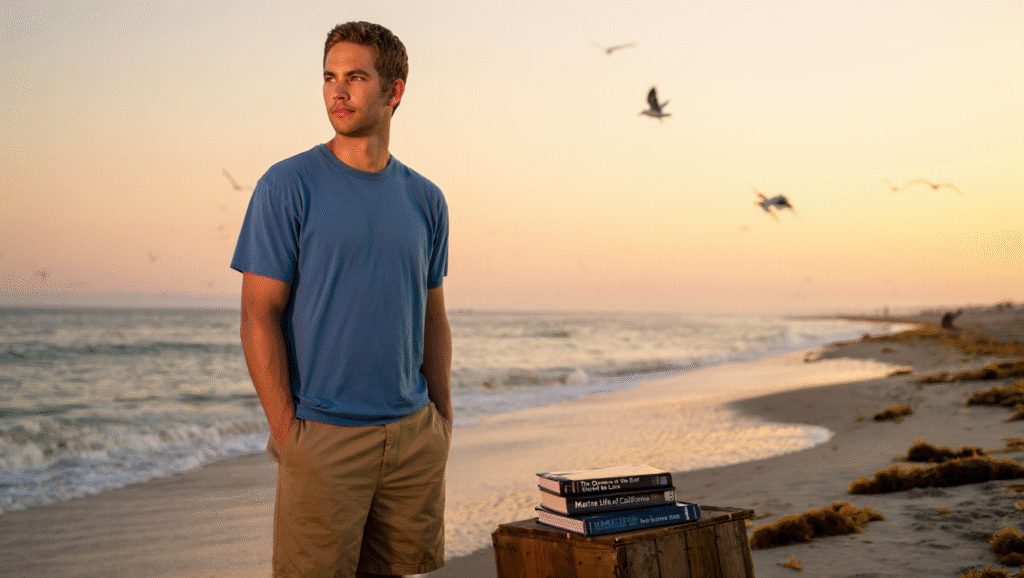
Directed by Kari Skogland with the full support of Walker’s family, Driven opens not with Hollywood glitz but with the sound of waves — the ocean that Paul loved more than fame itself. Through home videos, candid interviews, and reflective narration, the documentary paints an intimate portrait of a young man from Southern California who dreamed of marine biology long before he ever dreamed of movies. It’s in these early glimpses — surfboards, salt air, laughter with friends — that we meet the real Paul Walker: grounded, passionate, and deeply human.
The film traces his rise through the late ’90s film scene, from Varsity Blues to The Skulls, before finding global stardom as Brian O’Conner in The Fast & the Furious (2001). Yet what Driven does so well is peel away the movie-star veneer to show the man who stood quietly behind the adrenaline. On set, Walker wasn’t the alpha — he was the anchor. His co-stars recall his gentleness, his humor, and his refusal to play the fame game. Vin Diesel describes him as “the soul of the franchise,” while Tyrese Gibson breaks down remembering how Walker “never saw himself as above anyone — ever.”
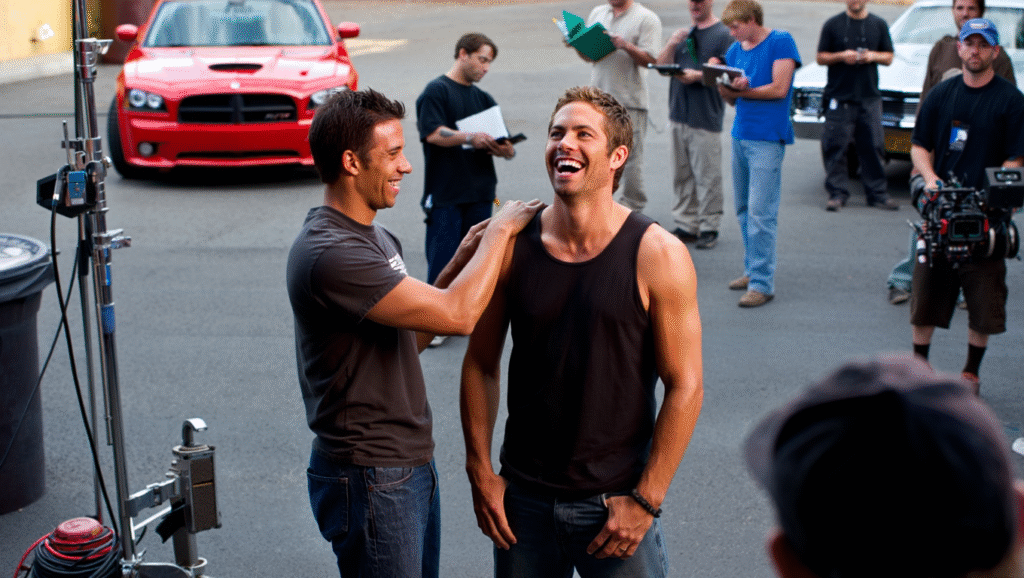
Scarlett Johansson, serving as narrator and close friend, brings warmth and reflection to the storytelling, her voice bridging the distance between memory and presence. Her words often linger in pauses, as if she too is processing the weight of loss — and the joy of remembering someone who truly mattered. Her narration transforms Driven from a biographical account into a meditation on legacy, reminding us that what we leave behind isn’t our success — it’s the impact we have on people’s lives.
The documentary’s emotional core lies in Walker’s double life — not the Hollywood one, but the one that unfolded far from the cameras. Through touching interviews with his brothers and daughter Meadow, we see a man who prioritized family and humanity above everything else. The footage of his humanitarian work with Reach Out Worldwide is both humbling and heartbreaking. In one segment, Walker is seen digging through rubble after a natural disaster, sweat and ash on his face, but his eyes filled with compassion. “If you can help,” he says simply, “you should.” Those six words define him more than any movie ever could.
What makes Driven so remarkable is its refusal to sensationalize. There’s no manipulation, no overdramatization — just truth. Even when it confronts the devastating accident that took his life in 2013, the tone is one of reverence, not spectacle. The film handles the tragedy with sensitivity, shifting the focus from loss to legacy. His family and friends speak not of what was taken, but of what continues — the charity in his name, the environmental projects he championed, and the countless young fans inspired to live with more purpose because of him.

Kari Skogland’s direction is delicate, cinematic, and deeply human. The visuals are breathtaking — sunsets over the Pacific, open roads bathed in gold light, engine revs dissolving into waves — all symbols of Walker’s eternal connection to motion and freedom. The editing weaves these elements together like memory itself: nonlinear, emotional, alive. It feels less like watching a film and more like walking through someone’s spirit.
There’s also a subtle but powerful message beneath the nostalgia: Driven isn’t just about who Paul was, but what he represented — a rare kind of masculinity rooted in kindness, curiosity, and compassion. He lived fast, yes, but he also lived fully. In an industry obsessed with image, he found meaning in simplicity. He wasn’t driven by fame — he was driven by purpose. That distinction becomes the film’s heartbeat.
The closing act is pure poetry. A final montage plays out against a hauntingly beautiful acoustic cover of “See You Again.” We see the ocean again — vast, endless, shimmering — and the voice of Paul himself, from an old interview, fades in: “If one day the speed kills me, don’t cry. I was smiling.” The screen lingers on that quote, not as a goodbye, but as a promise. For Paul Walker, it was never about the end — it was always about the ride.
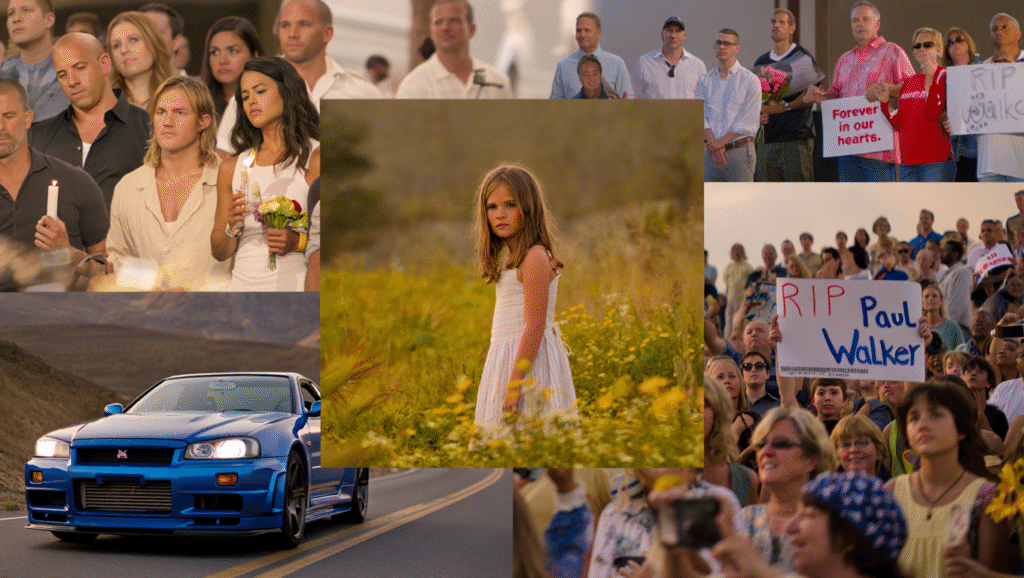
Driven: The Paul Walker Story is a love letter written in motion — a documentary that burns bright with authenticity, humility, and heart. It’s not about loss; it’s about legacy. It’s about a man who showed the world that you can live fast and still be gentle, that fame can coexist with integrity, and that true immortality isn’t found on screen — it’s found in the lives you touch.
⭐ Rating: 5/5 — Honest, emotional, and profoundly human. A tribute worthy of the man who never stopped driving toward something greater.

